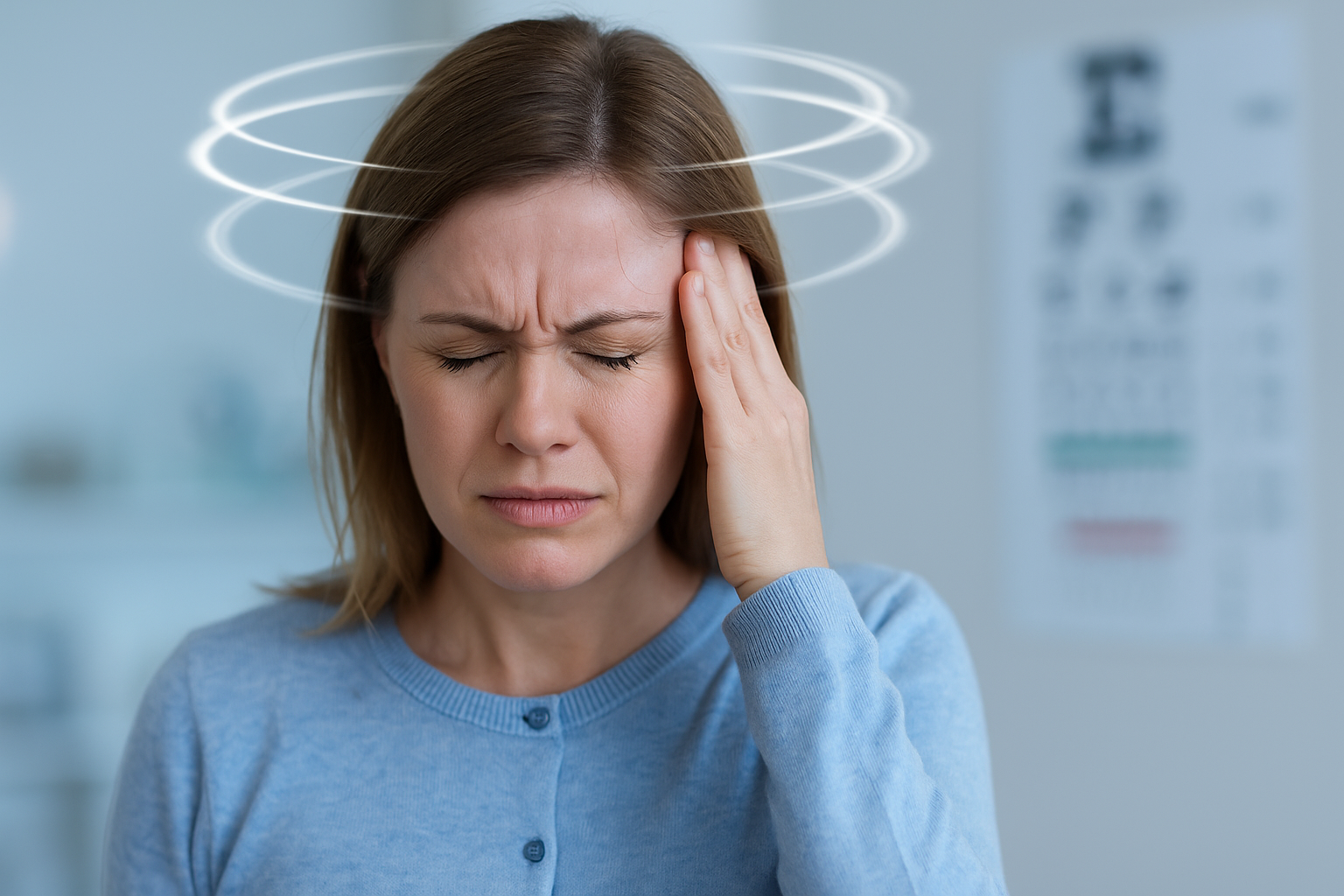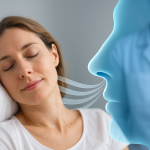Can Stress and Anxiety Trigger Vertigo?
🔹 What Is Vertigo?
Vertigo is a condition where a person feels as if they or their surroundings are spinning. It often causes balance problems and dizziness. While vertigo is commonly linked to inner ear or neurological issues, recent studies show that psychological factors such as stress and anxiety can significantly contribute to its onset or worsening.
🔹 How Stress Affects Balance
During stress, the body activates its “fight or flight” response, releasing hormones such as adrenaline and cortisol. Prolonged exposure to these hormones:
-
Increases muscle tension (especially in the neck and shoulders),
-
Alters blood flow to the brain,
-
Elevates blood pressure and heart rate.
These physiological changes can disturb the vestibular system—the body’s balance center—causing dizziness and unsteadiness.
🔹 Psychogenic (Anxiety-Induced) Vertigo
In some cases, vertigo is purely psychological, known as psychogenic vertigo. It usually occurs during high-stress situations or panic attacks and presents as:
-
A sense of spinning or falling without actual movement,
-
Short-lasting episodes,
-
Tightness in the chest, trembling, or rapid heartbeat.
🔹 How to Reduce Stress-Related Vertigo
-
Breathing exercises – Deep breathing calms the nervous system.
-
Adequate sleep – Sleep deprivation increases vertigo risk.
-
Yoga or meditation – Enhances mental balance and focus.
-
Regular exercise – Improves circulation and reduces stress hormones.
-
Therapy – Cognitive-behavioral therapy (CBT) can help manage anxiety triggers.
🔹 Conclusion
Stress and anxiety are powerful triggers for vertigo. A holistic approach that includes both medical evaluation and mental well-being management is the most effective way to control symptoms.
Finding calm within the body and mind is the key to overcoming vertigo.





